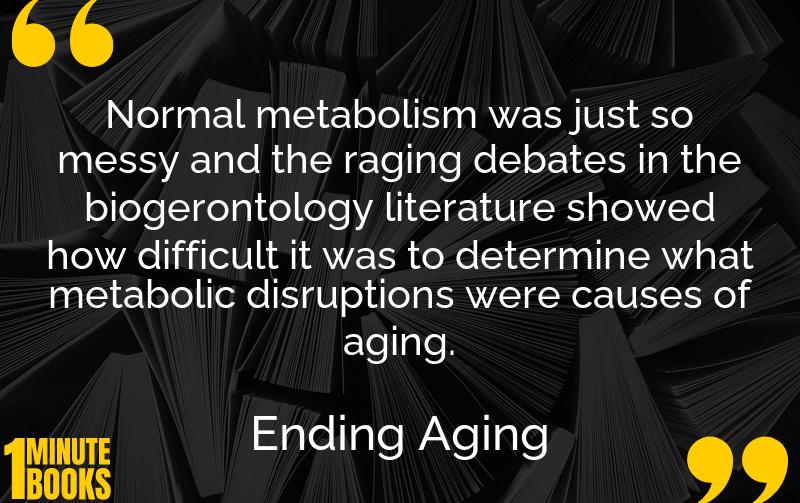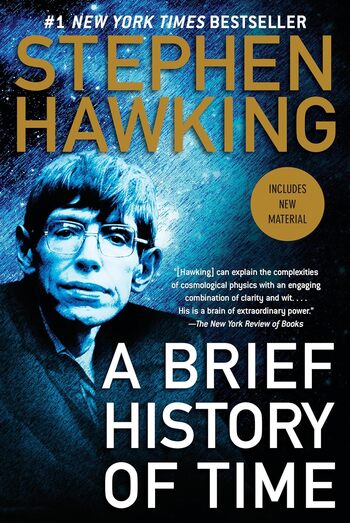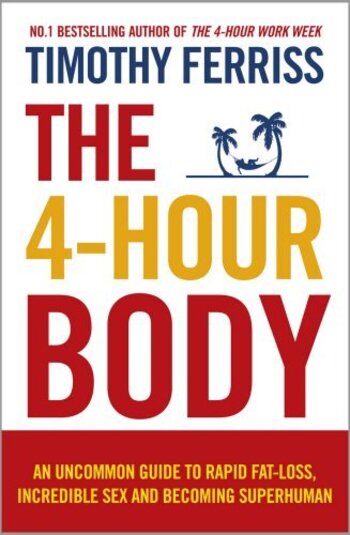
Ending Aging explores how targeting molecular and cellular damage can combat aging, proposing a new approach to the fight against this age-old foe, while inspiring readers to take actionable steps now.
Main Lessons
- Aging is caused by molecular and cellular damage, not just metabolic processes.
- Addressing this damage directly could lead to longer healthy lifespans.
- Current biology debates make it hard to pinpoint what accelerates aging.
- Mitochondrial mutations play a major role in cellular aging.
- Strategies exist to copy mitochondrial DNA to safer locations in cells.
- Intracellular and extracellular aggregates contribute to cellular decline.
- Stem cell depletion is a critical factor in aging and reduced tissue maintenance.
- Glycation and extracellular junk influence cell health and aging.
- Innovative approaches could bypass butterfly effects in metabolic interference.
- The biomedical revolution to end aging may be decades away, but action is needed now.
- Awareness and advocacy can accelerate the acceptance of anti-aging initiatives.
- Early engagement in anti-aging research could affect its future success.
- Societal mindset shifts can redefine the fight against aging as urgent and essential.








